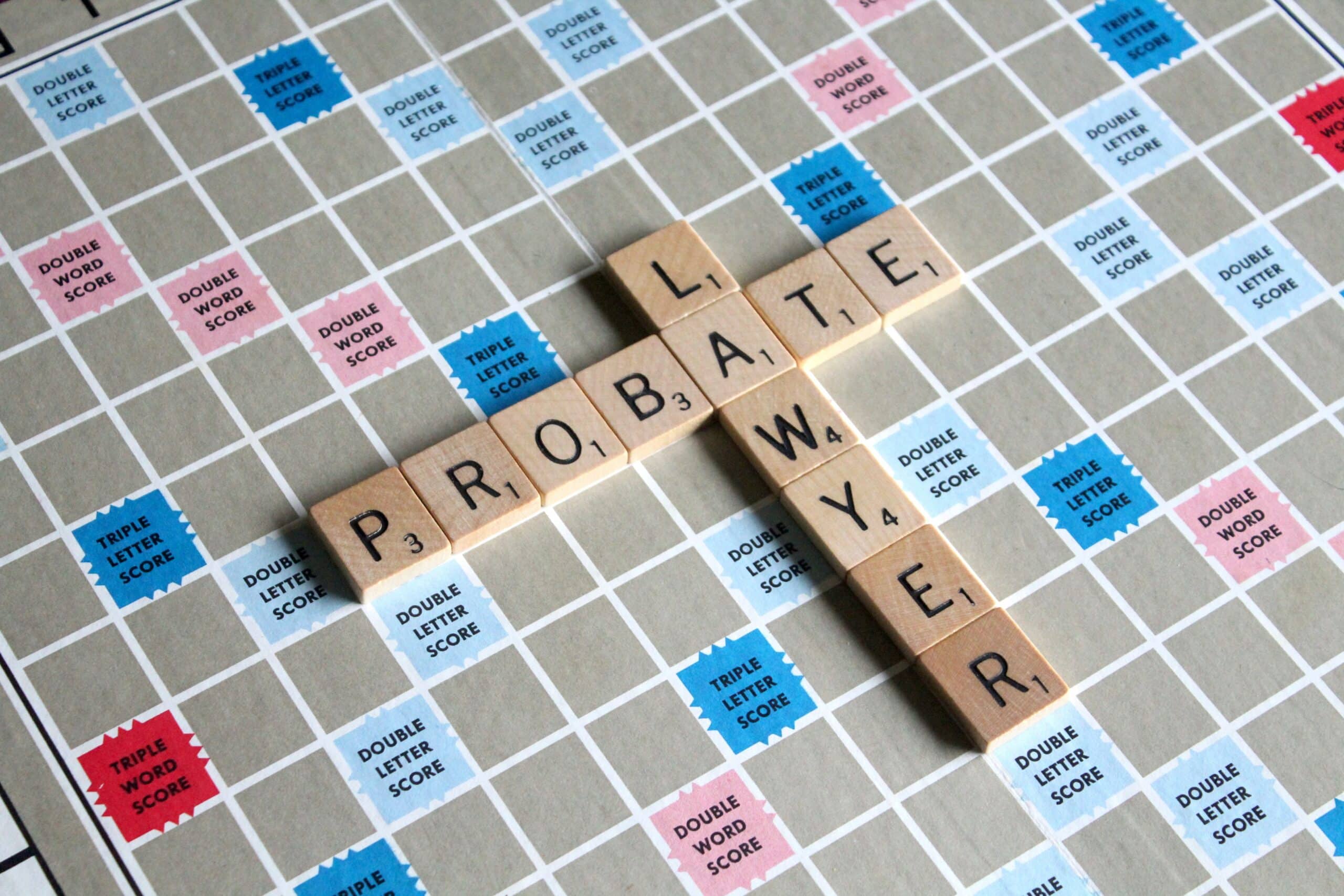Legacy Design Strategies
Omaha, NE, Minot, ND and Iowa Fall, IA Estate Planning and Elder Law Firm
Estate Planning and Elder Law Blog

Probate court is where wills are examined to be sure they have been prepared according to the laws of the state and according to the wishes of the person who has died. It is also the jurisdiction where the executor is approved, their activities are approved and all debts are paid and assets are distributed properly. According to a recent article from Investopedia “What is Probate Court?,” this is also where the court determines how to distribute the decedent’s assets if there is no will.
Probate courts handle matters like estates, guardianships and wills. Estate planning lawyers often manage these matters and navigate the courts to avoid unnecessary complications. The court process begins when the estate planning attorney files a petition for probate, the will and a copy of the death certificate.
The court process is completed when the executor completes all required tasks, provides a full accounting statement to the court and the court approves the statement.
Probate is the term used to describe the legal process of handling the estate of a recently deceased person. The role of the court is to make sure that all debts are paid and assets distributed to the correct beneficiaries as detailed in their last will and testament.
Probate has many different aspects. In addition to dealing with the decedent’s assets and debts, it includes the court managing the process and the actual distribution of assets.
Probate and probate court rules and terms vary from state to state. Some states don’t even use the term probate, but instead refer to a surrogate’s court, orphan’s court, or chancery court. Your estate planning attorney will know the laws regarding probate in the state where the will is to be probated before death if you’re having an estate plan created, or after death if you are the beneficiary or the executor.
Probate is usually necessary when property is only titled in the name of the decedent. It could include real property or cars. There are some assets which do not go through probate and pass directly to beneficiaries. A partial list includes:
Many people seek to avoid or at least minimize the probate process. This needs to be done in advance by an experienced estate planning attorney. They can create trusts, assign assets to the trust and designate beneficiaries for those assets. Another means of minimizing probate is to gift assets during your lifetime.
Reference: Investopedia (Sep. 21, 2022) “What is Probate Court?”

Get Started Today
Book your Free Estate Planning Consultation Now
Stay Up-To Date
Subscribe to Our eNewsletter
9859 South 168th Avenue,
Omaha, NE 68136
7 Third Street SE, Suite 202,
Minot, ND 58701
320 North Oak Street, PO Box 295,
Iowa Falls, IA 50126
